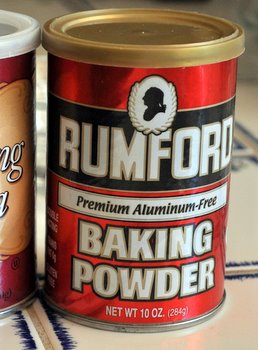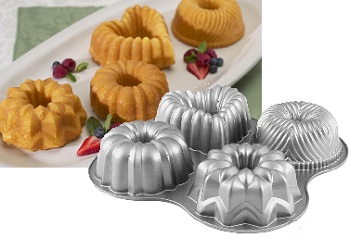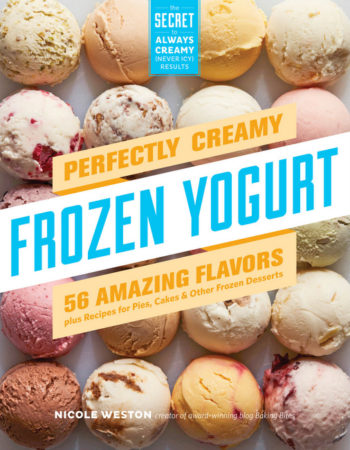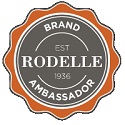
Baking powder is a chemical leavening agent that causes baked goods to rise by releasing bubbles of carbon dioxide gas into a batter or dough. It is double acting, meaning that it acts once when moisture is added and again when heat is applied. This allows baking powder to give an extra lift to baked goods that contain it. Baking powder is actually made with a combination of baking soda, one or more acid salts, such as cream of tartar, and a moisture-absorbing starch, such as cornstarch. It is the combination of baking soda and the acid salt that produces the leavening reaction of the baking powder. Some acid salts dissolve when liquid is added, and others when heat is applied, and the combination of two such acids is what allows baking powder to be “double acting.” The starch is present to keep the baking soda and the acids from reacting prematurely and allows baking powder to have a very long shelf life.
While there are several different brands of baking powder to choose from, there are two main types: regular and aluminum free. Regular baking powder contains sodium aluminum sulfate that can give baked goods a slightly bitter or metallic taste, particularly if there is slightly too much baking powder used in a recipe. This flavor is may not be perceptible to all tasters, but it is quite unpleasant if you are sensitive to it. Aluminum free baking powder does not contain aluminum, as the name suggests, and is highly unlikely to impart a metallic taste to a baked good. Most brands of baking powder are certified gluten free.
Almost all baking powder is double acting and it is safe to assume that anything you find on a grocery store shelf is double acting – even if it doesn’t explicitly state that on the label. Single acting baking powders are activated by either moisture or heat only and are very uncommon, although it is possible to them from some specialty baking suppliers (often wholesalers) if you have a need for them.






Jen
July 7, 2011I feel like a Barbie doll when I think about this stuff. “Science is hard!”
I don’t think I’ve ever noticed the aluminum-free label. Now I have to look for it.
Thanks for the great info!
Carrie Melissa Jones (@southxsf)
July 7, 2011Thanks for the informative post. Love reading about the “chemistry” of baking. I never buy self-rising flour as it is simply baking powder and salt added to flour and the baking powder doesn’t stay quite as active that way.
Carrie
melissa
July 8, 2011It’s important to note that Baking powder (and bicarb) sold in the UK is single action, so us Brits can’t make a lot of US recipes in advance!
Last weekend I made campfire bread-on-a-stick that you’d linked to recently, and we got around the baking powder problem by bringing along separate wet and dry ingredients and mixing them up around the campfire…